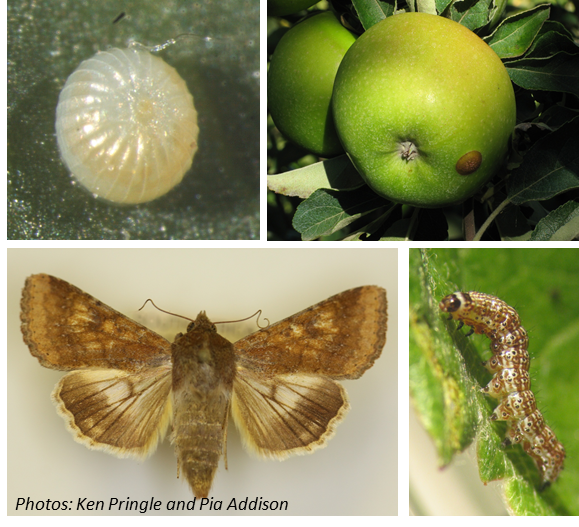Residence time and its link to Lantana performance in India and South Africa
Invader plants may not be equally successful in varied invaded ranges due to the time that passed since they were first introduced and environmental factors. These were the results from a collaborative study by a team of plant invasion ecologists from India and South Africa. The study was published in the latest issue of the journal Tropical Ecology.


